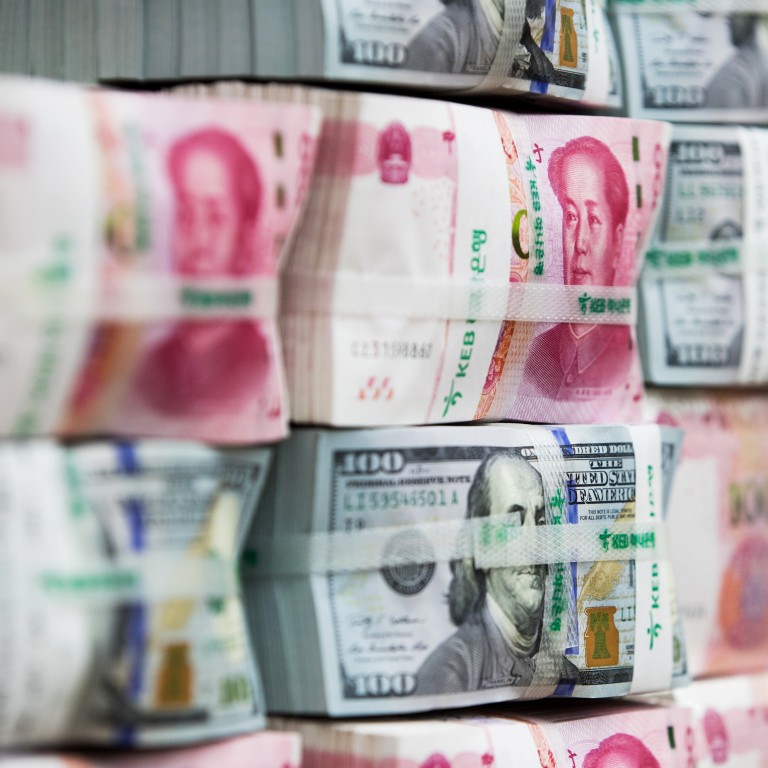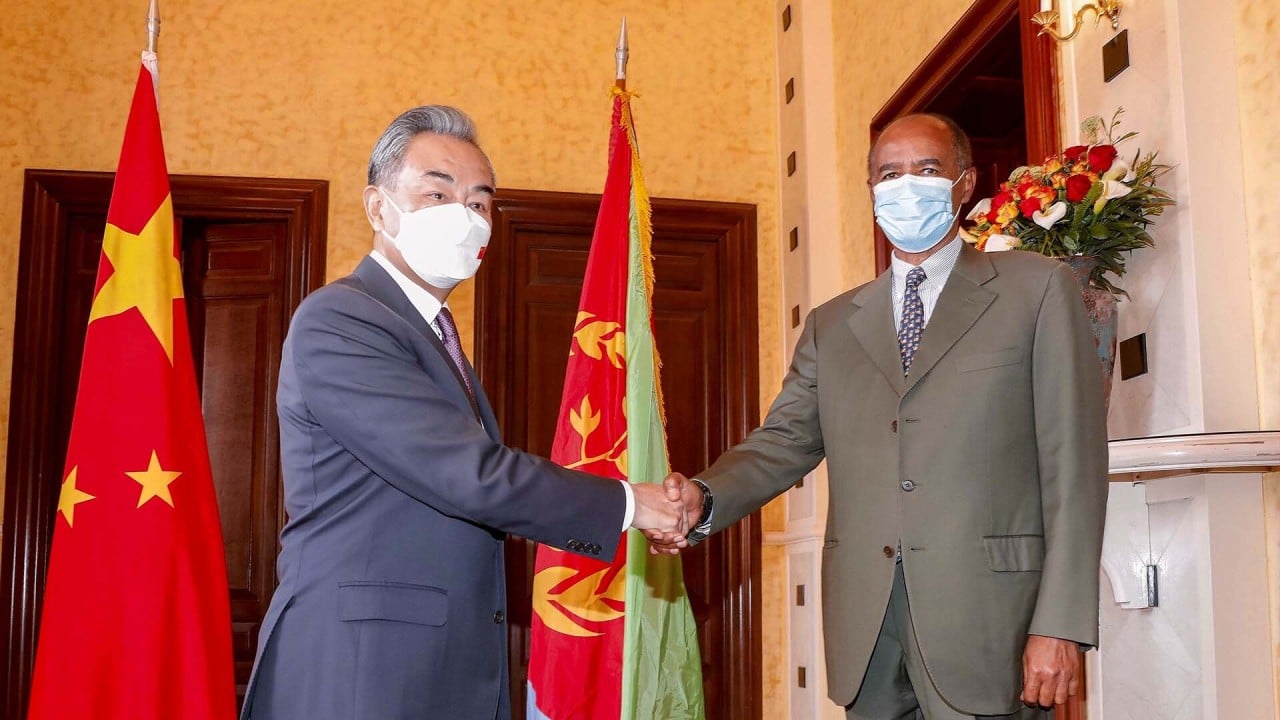
China’s backing for global debt transparency crucial to contain Covid-induced stress in emerging markets
- A global consensus must be developed around disclosure requirements for all sovereign lending, says Bretton Woods Committee
- China is the largest creditor to emerging-market countries, where debt has been accelerating rapidly in recent years
Bringing China on board is “critical” to promoting transparency in sovereign lending, according to a report by the Bretton Woods Committee, amid a rise in sovereign debt distress in emerging markets caused by the Covid-19 pandemic.
The influential US-based non-profit group recommended in a report on Monday that a global consensus be developed around “minimum voluntary disclosure requirements” and ongoing reporting obligations for all sovereign lending.
“As part of that consensus-building process, bringing in China, the largest lender to the emerging markets and a member of the G20, to ensure its support and engagement,” said the report, titled “Debt Transparency: The Essential Starting Point for Successful Reform”.
“In particular, China, as the largest single lender to the emerging markets, will be critical in determining whether the current system can be made more transparent.”
No more hard cash from China, as Covid-19 deepens African debt
Emerging markets have been accumulating debt rapidly in recent years. Zambia became Africa’s first coronavirus-era sovereign default after it missed payment of a US$42.5 million on one of its dollar-denominated sovereign bonds in November 2020, raising concerns more low-income nations may struggle with debt repayment during the pandemic.
The Bretton Woods Committee report said, “the Zambian government’s refusal to disclose the amount and terms of what the market understood to be very substantial debt to Chinese financial institutions contributed to a level of distrust that made it virtually impossible to make progress on the country’s restructuring”.
China is the largest creditor to emerging-market countries, although it has never disclosed its total lending, which has drawn heavy criticism, especially from the US government.
However, Beijing has not disclosed details of a debt relief plan.
The pandemic triggered a rise in debt among developing countries, excluding China, to a fresh high of US$36.4 trillion in the third quarter of 2021, up from over US$3.6 trillion since the end of 2019, according to a November 2021 report on global debt by the US-based International Institute of International Finance (IIF).
The surge was largely driven by an increase in government debt, the IIF said.
The lack of transparency in state lending is not unique to Chinese lenders, the Bretton Woods Committee report said, adding that very few debtors and lenders across the globe are willing to make public the terms, or sometimes even the existence, of sovereign loan agreements.
However, China’s role would be significant in reaching a consensus on sovereign debt transparency, especially getting regulators such as the People’s Bank of China on board.
“It could endorse and enforce standards for the terms of lending by Chinese institutions that, at a minimum, would address some of the lending practices that have attracted so much attention in the international financial community,” the report said.
The Bretton Wood Committee recommended broadening existing initiatives such as the framework from the Organisation for Economic Co-operation and Development (OECD) to create a usable and reliable digital database of sovereign financial information.
Rating agencies can also be enlisted to take disclosure and transparency into account in rating sovereign credit, the report said.
The Bretton Woods Committee was set-up in 1983 and aims to champion global efforts to spur economic growth, alleviate poverty and improve financial stability.


